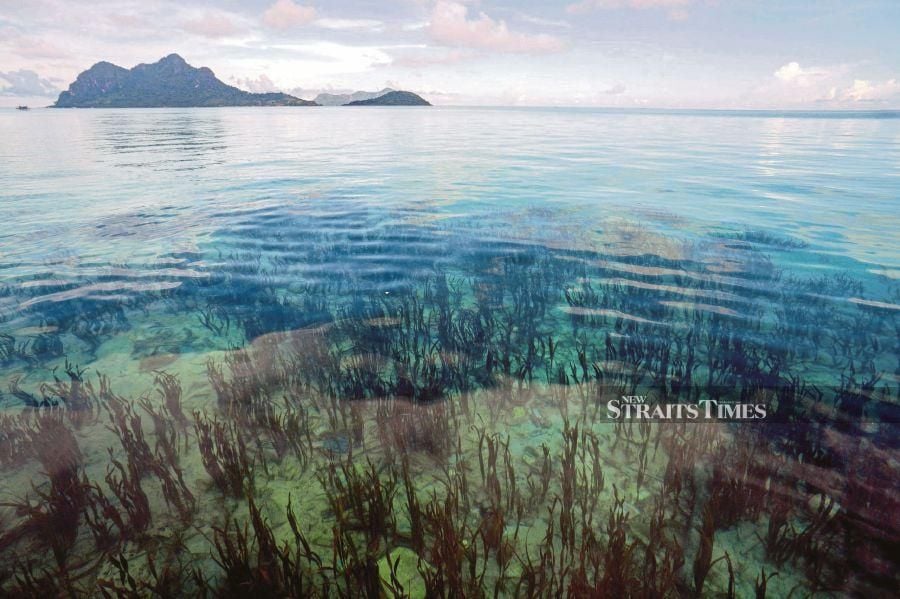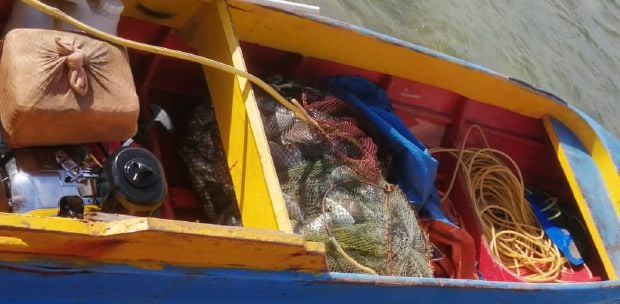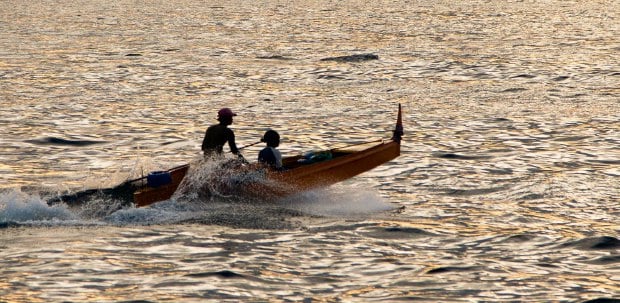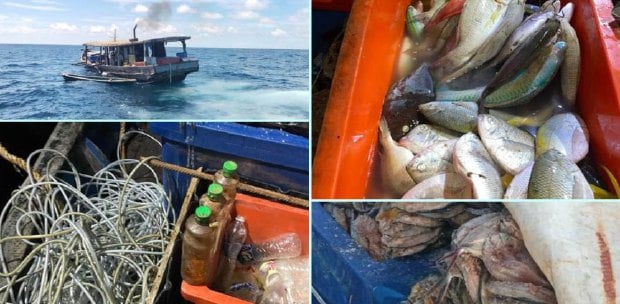KOTA KINABALU: The Sabah government will follow up with the status of the Anti-Fish Bombing Committee to tackle rampant fish bombing around the islands of Semporna.
State Tourism, Culture and Environment Minister Datuk Christina Liew said she will bring up the issue to the attention of the Sabah Fisheries Department.
"There is no excuse for fish bombing because all our corals will be gone one day, if the menace is not addressed effectively. Destructive fishing is illegal and hurts not only the marine ecological system but also the State's tourism industry.
"The perpetrators of this crime must be apprehended and prosecuted to act as a deterrent.
"I will discuss the matter with the Sabah Fisheries Department and check out the status of the Anti-Fish Bombing Committee that used to be active in tackling the problem of rampant fish bombing," Liew said in a statement.
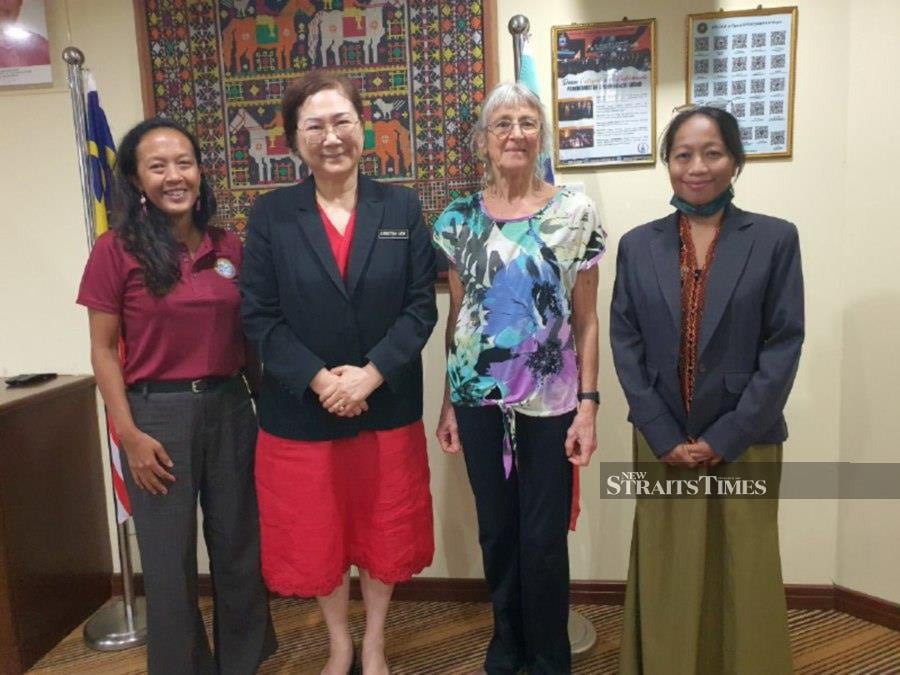
Earlier, she received a courtesy visit by a three-member delegation from Semporna Islands Project, a non-profit organisation led by UK Advisor, Dr Liz Grimwade.
Semporna Islands Project was launched in 1998 in recognition of the huge value of the coral reefs and islands in Semporna. Its vision is healthy reefs abounding with marine life, beneficial to everyone.
Liew said she wants the Semporna Islands Project to continue its collaboration with the Board of Trustees of the Sabah Parks, being one of the stakeholders, on community action for fish-bomb-free and coral reef conservation programmes in the Tun Sakaran Marine Park.
Meanwhile, while acknowledging that marine police have succeeded in catching the culprits previously, Grimwade said it is quite difficult to nab fish bombers in the act because they escape quickly when they spot the marine police boats coming.
LINK: https://www.nst.com.my/news/nation/2024/02/1016284/sos-semporna-urgent-a...
"Sometimes they bomb fish in the open sea and sometimes in shallow waters. This is bad for tourism and the environment because it destroys the habitat of marine life," she said.
The Semporna Islands Project has adopted a sensor system run by Stop Fish Bombing (SFB) Malaysia, which the non-governmental organisation engages to monitor fish bombing in the area in question.
Those sensors have identified 604 fish bombs in Semporna waters last year.
"This figure highlights the prevalence of such destructive practice by fishermen.
"However, diver and community reports suggest that even more detonations go undetected, potentially outside the sensor range or coverage areas," she pointed out.
Also present was the project coordinator, Sofia Johari.


